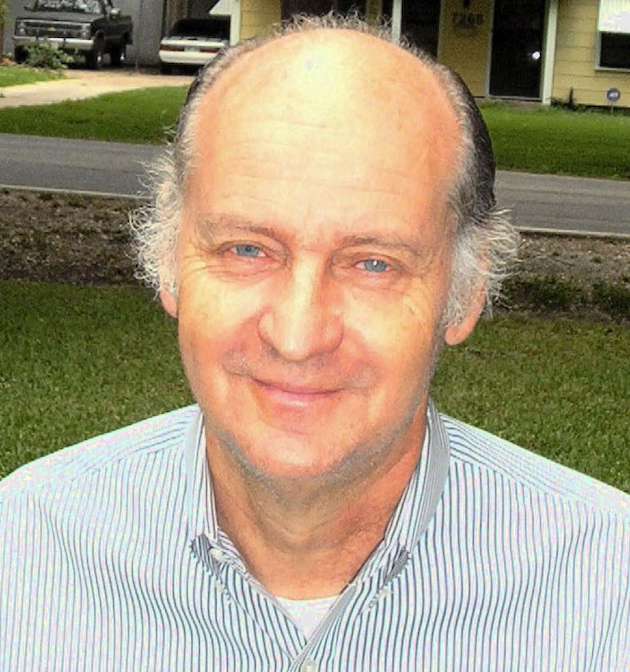George Reiter, professor of physics at the University of Houston, passed away recently after a brief illness. He was 77.

Reiter joined the UH Department of Physics in 1981 and was a highly regarded senior member of the faculty. He was a humanist in the best sense of the word and cared deeply about the rights and responsibilities of individuals, our responsibilities for leaving a hospitable planet for generations to come, and the fair treatment of all members of the society.
Reiter was a condensed matter physicist who worked on a broad array of problems. His primary research involved extracting the structure and function of materials from scattering data. In collaboration with the late Professor Simon Moss, he developed a seminal work, now referred to as the Reiter-Moss theory, to determine how the structure of a liquid is modulated by an underlying substrate.
More recently, along with Jerry Mayers of Rutherford-Appleton Laboratory, he developed an approach to extract momentum-distribution spectra using deep inelastic neutron scattering. Among many spectacular applications of this approach was the determination of the structure of water in confined domains and the associated dynamics of hydrogen atoms. He worked on many other problems, including a highly cited work on a mechanism for high-temperature superconductivity and the dynamics of complex systems including economic systems.
Reiter had a deep understanding of physics and had a knack for getting at critical aspects of any problem, including those not directly related to his work. He was not shy about pointing out any shortcomings of your work; however, he always did so in a very constructive way. Many colleagues enjoyed presenting new results and ideas to him and respected his criticism.
Reiter’s philosophy on education differed from that of most of his colleagues. He passionately argued that interest in the subject should come from the student. His style was to require students to read the material before class and to illustrate the subject matter only through questions raised during class. He was not worried that he might occasionally not be able to answer a question without giving it some thought. Needless to say, students who were used to being spoon-fed information did not appreciate this approach; Reiter, however, was unapologetic about his style of teaching.
Reiter served as the president of the UH Faculty Senate in 2000. During his tenure, the Senate voted to request the University to withdraw from Division 1-A athletics, in order to prioritize education.
He was a strong anti-war activist, who insisted that groups or countries should discuss their differences to come to a consensus, rather than resorting to battle. He and his wife Debbie Shafto were active members of the Harris County Green Party. Reiter ran as the Green Party candidate for Texas’ 25th Congressional District in 2002.
Reiter hosted the KPFT radio show “Thresholds,” a call-in program to discuss and highlight issues important to society for its progress.
A memorial service for Professor Reiter will be held on the UH campus at the A.D. Bruce Religion Center, 3841 Cullen Boulevard, on Monday, April 15, from 3-5 p.m.